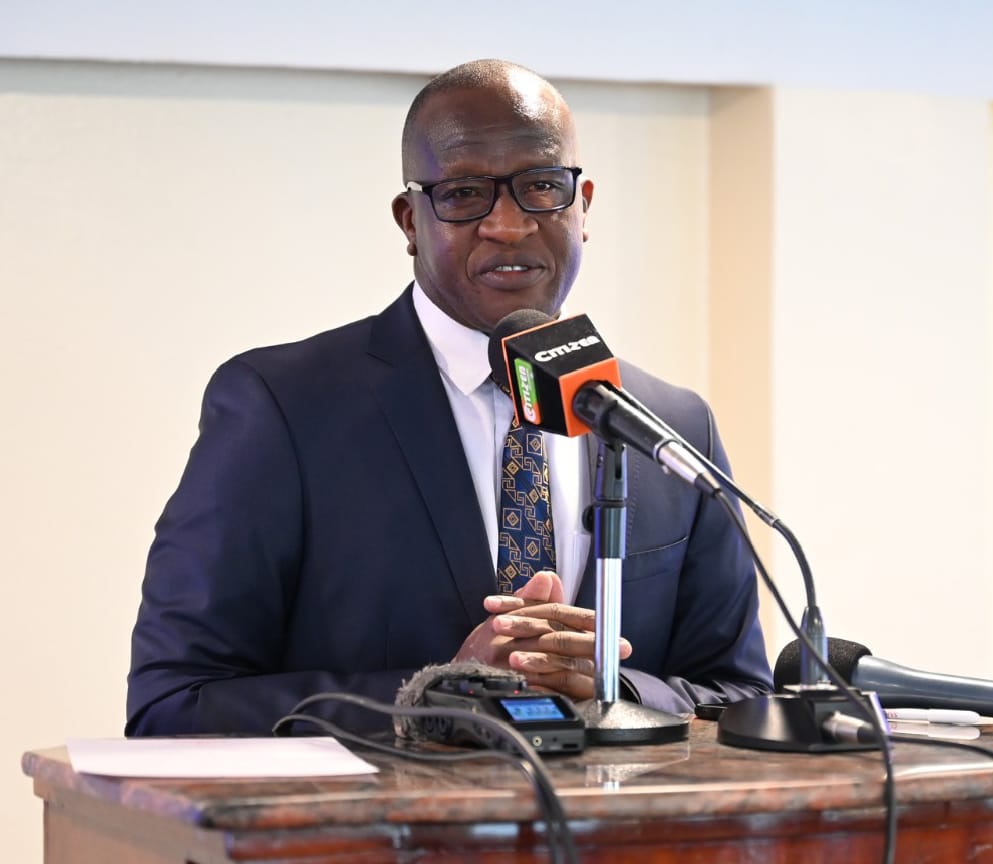
By Grace Waithaka
The Ministry of Health has issued a renewed and urgent call for comprehensive reforms in maternal healthcare, with a focus on eliminating preventable maternal deaths across all 47 counties. Speaking at the Kenya Obstetrical and Gynaecological Society (KOGS) Religious Caucus Meeting, Dr. Edward Serem, Head of the Reproductive and Maternal Health Division, underscored the critical need to safeguard the health and well-being of women, particularly during childbirth.
“The health of a woman has to be taken care of in all 47 counties. We have developed an Acceleration Plan for the Reduction of Maternal Deaths, a strategy that prioritizes urgent, evidence-based interventions to ensure that no woman dies while giving life,” stated Dr. Serem.
The Acceleration Plan, developed by the Ministry of Health, is a meticulously structured framework designed to address the systemic challenges that have long plagued Kenya’s maternal healthcare sector. It prioritizes key interventions such as enhancing access to skilled birth attendants, strengthening emergency obstetric care, expanding comprehensive reproductive health services, improving maternal health infrastructure, and encouraging community engagement and education to break cultural barriers that hinder women from seeking proper medical care during pregnancy and childbirth.
The Kenya Obstetrical and Gynaecological Society (KOGS), a leading professional body in reproductive health, plays a pivotal role in advocating for improved maternal care. Its partnership with the government has been instrumental in shaping policies that promote safe motherhood. Additionally, the involvement of faith-based organizations in this initiative is crucial. Religious leaders wield significant influence in communities and can help drive behavioral change, particularly in regions where cultural and traditional beliefs hinder women from seeking modern healthcare services. By integrating medical expertise with religious advocacy, the government aims to ensure a holistic approach to maternal health reforms.
Kenya continues to grapple with high maternal mortality rates, with statistics indicating that approximately 342 women per 100,000 live births die due to pregnancy-related complications (according to the Kenya Demographic and Health Survey). The leading causes include excessive bleeding, infections, high blood pressure, and unsafe abortions—many of which can be prevented through timely medical intervention.
While significant progress has been made in recent years, challenges such as inadequate healthcare facilities, limited access to skilled healthcare providers, and socio-economic barriers continue to pose risks to expectant mothers. Rural and marginalized communities, in particular, face the greatest burden due to poor healthcare infrastructure and deep-seated cultural norms that discourage hospital deliveries.
Dr. Serem’s remarks reinforce the urgency of sustained investment, policy reinforcement, and multi-sectoral collaboration in addressing these issues. As the Ministry of Health rolls out its Acceleration Plan, the expectation is that Kenya will take significant strides toward reducing maternal mortality and ensuring that every woman, regardless of her socio-economic status or geographic location, has access to quality reproductive healthcare.

More Stories
Jijenge Credit CEO Urges Kenyans to Use Bank Cards Wisely This Festive Season Amid Rising Fraud
Sex Workers Demand Answers: Where Is Kenya’s Plan to Stop Femicide?
Miano Hails Operationalization of Kenya National Convention Bureau As a Boost to MICE Tourism